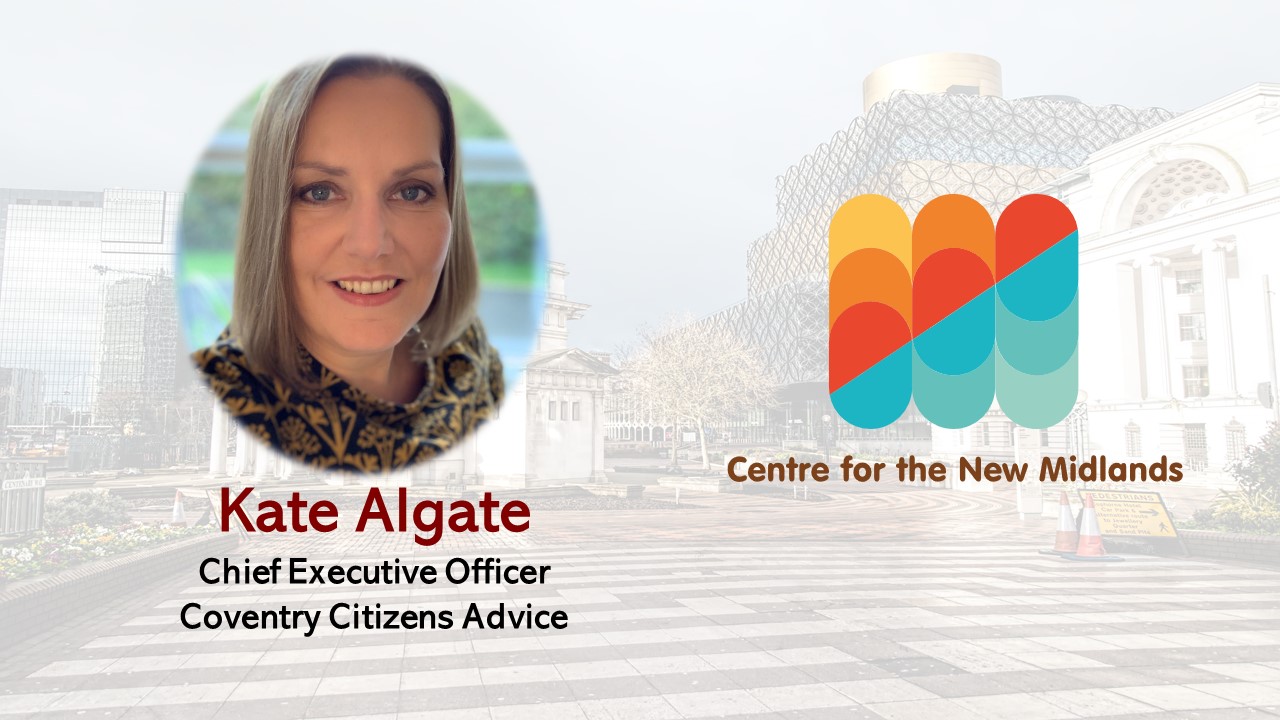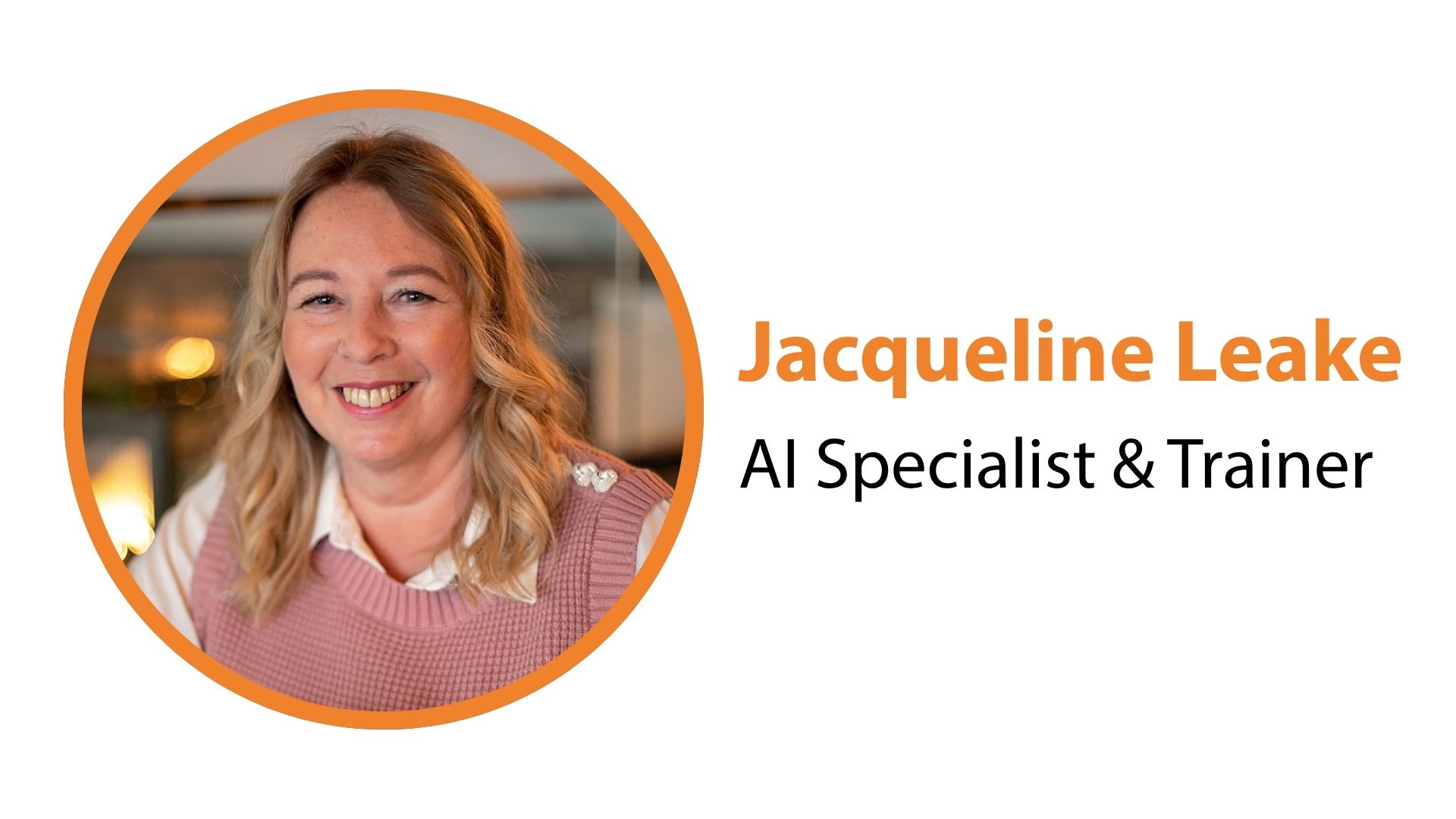The pandemic has impacted a variety of societal norms and expectations. Virtual working practices, the acceptance of online shopping as normal, and the need to access health and educational services online are just three examples of fundamental changes to our everyday existence. But for some, the pace of digitalisation has been too fast, the changes too dramatic and the consequences too detrimental.
In this article, Kate Algate (CEO, Coventry Citizens Advice) explores what local authorities (and society more broadly) needs to do to eradicate digital exclusion.
We need to do more on digital exclusion
The pandemic has impacted a variety of societal norms and expectations. Virtual working practices, the acceptance of online shopping as normal, and the need to access health and educational services online are just three examples of fundamental changes to our everyday existence.
Though driven by the necessities of government lockdown, they have also been recognised as beneficial; making some services more accessible to some previously marginalised groups. Those with digital access, literacy and confidence have embraced these changes while others have been drawn reluctantly into the unavoidable acceptance of changing times. Others, however, have been left behind.
Despite a year-on-year closing of the ‘digital divide’, a February 2021 analysis of Ofcom data from the Good Things Foundation suggested that more than one in five people in the West Midlands do not use the internet, and are being excluded from learning, working and applying for work or benefits. A further 23% were ‘limited users’; both national highs.
At Coventry Citizens Advice, we have grown acutely aware of the impact of digital exclusion amongst our clients. Moving in short order from an-person service to a remote digital service, following pandemic lockdowns, we have seen some clients struggle to access external services directly or even access, and use efficiently, our own services.
Our move to a telephone first approach has, by most measures, been a success. Client satisfaction survey results, for example, have shown a dramatic increase in perceptions by service users of the ‘ease of access’ to our services (from 60% to 82%). But, of course, this measures the experiences of those who ‘got through’.
This success, repeated across many organisations, seems to have led to a shift in government thinking in favour of remote digital service provision as a substitute for in-person support; rather than an addition to it.
In identifying and acknowledging the value of online service provision for many clients and customers we have become concerned that the specific needs of those for whom in-person contact is vital have been either unintentionally ignored or wilfully marginalised.
Our experience shows that, while internet and/or telephone services are a plus for many, there is a proportion of potential clients for whom the pace of digitalisation has been too fast, the changes too dramatic and the consequences too detrimental.
We know that even after assessing clients through our triage process, as suitable for online or telephone support, over half of our debt clients failed to successfully access that support. They either failed to make contact with national debt telephone services or returned to us with their issues unsolved.
Taking debt advice as an illustration of the wider problem, ‘debt clients’ rarely present just debt issues; debt problems have many drivers and reflect other issues such as problems with employment, housing and ill health.
However, a ‘debt telephone helpline’ will not address those other issues. But the debt issue cannot be satisfactorily resolved without addressing those other issues.
For these reasons we welcome the February publication of the West Midland Combined Authority’s ‘digital roadmap’. It’s commitment to acknowledge and address the digital divide as an ongoing problem, a long term challenge and an objective of the utmost priority is heartening.
It’s ‘five missions’ address the main issues and the associated ‘key actions’ point to realistic deliverables. We, at Coventry Citizens Advice, are committed to doing all we can to support the stated aims in our own service design and delivery and, with the introduction of ‘Information and Digital Assistants’ generously funded by Coventry Building Society, have already started along this path
However, while good progress is being made to reduce digital exclusion, there is a high risk that inequalities in digital access will exacerbate inequalities in employment, health, education and other areas. As companies and other organisations see the benefit of an exclusively digital and telephone approach the concern is that the speed of digitalisation will increase without its full impact on the excluded being measured.
Across the West Midlands Combined Authority Citizens Advice local offices supported a combined total of 52,817 clients with 292,186 issues in just the second quarter of 2021-22. Every single one of those clients has a vested interest in eradicating the digital divide and eliminating digital exclusion.
For these reasons we believe the WMCA’s plan is only the first step in combatting the digital divide. We believe local authorities have a leading role to play in protecting vulnerable residents.
In our view local authorities must:
- revise their policies and practices from a client centred perspective rather than an administrative efficiency perspective,
- retain multi-channel access for all clients for all processes, and
- evaluate the effectiveness, efficiency and economy of their processes using a wider model of impact assessment than front-end cost savings.
The digitalisation of both the public and private space has accelerated with the pandemic. Added to the boost given to digital service provision by the national roll out of Universal Credit in recent years, there is a huge head of steam favouring the accelerated utilisation of online service delivery options.
However, our concern remains that a proportion of the population are being left behind; unable or unwilling to access and use these options. The costs of digital exclusion are mounting and, unless significant action is taken in the short term to address this, it will be the least able and the most vulnerable who will suffer.
‘Build Back Better’ needs to include everyone.
Kate Algate is the CEO of Coventry Citizens Advice, an independent advice charity covering the city of Coventry. With a turnover of £3m, it is one of the largest Citizens Advice charities within England and Wales.
The charity supports over 10,000 people per year with over 50,000 issues. They generated £12.7m financial gains for their clients for 2019/20, which was an increase of 28% year on year.
Kate previously set up the Neighbourhood and Home Watch Network as a national charity in 2010, working with Home Office Ministers to influence and change national crime prevention and policing strategies.
Prior to this Kate worked for two local authorities and has a BA (hons) in Criminology and Social Policy and a Postgraduate Diploma in Policing and Social Conflict.








